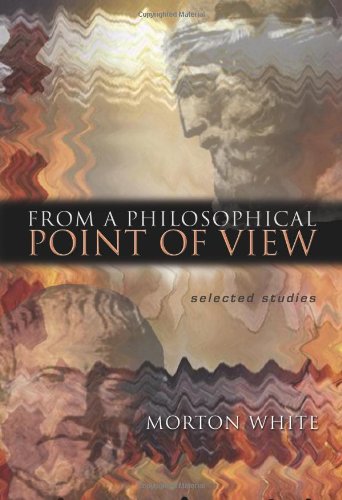

Most ebook files are in PDF format, so you can easily read them using various software such as Foxit Reader or directly on the Google Chrome browser.
Some ebook files are released by publishers in other formats such as .awz, .mobi, .epub, .fb2, etc. You may need to install specific software to read these formats on mobile/PC, such as Calibre.
Please read the tutorial at this link: https://ebookbell.com/faq
We offer FREE conversion to the popular formats you request; however, this may take some time. Therefore, right after payment, please email us, and we will try to provide the service as quickly as possible.
For some exceptional file formats or broken links (if any), please refrain from opening any disputes. Instead, email us first, and we will try to assist within a maximum of 6 hours.
EbookBell Team

5.0
30 reviewsWhite's essays cover the full range of his interests: studies in ethics, the theory of knowledge, and metaphysics as well as in the philosophy of culture, the history of pragmatism, and allied currents in social, political, and legal thought. The book also includes pieces on philosophers who have influenced White at different stages of his career, among them William James, John Dewey, G. E. Moore, and W. V. Quine. Throughout, White argues from a holistic standpoint against a sharp epistemological distinction between logical and physical beliefs and also against an equally sharp one between descriptive and normative beliefs.
White maintains that once the philosopher abandons the dogma that the logical analysis of mathematics and physics is the essence of his subject, he frees himself to resume his traditional role as a student of the central institutions of civilization. Philosophers should function not merely as spectators of all time and existence, he argues, but as empirically minded students of culture who try to use some of their ideas for the benefit of society.